Economics
 More about Economics
More about Economics
Economics is simply about understanding how goods and services come about. Why would someone produce them, and why would someone else spend money to buy them.
Individuals like you and I, companies and countries all affect some element of the buy-and-sell dynamics for each good or service you can think of in the world. For example, if everyone suddenly loves drinking honey, price of honey will shoot up because there’s not enough to go around. And the beekeepers will do their darnest to quickly produce as much honey as quickly as possible. Economics is happening all around us on a daily basis, and applicable to the most basic of purchases to the most complex of inter-governmental negotiations.
As you can imagine, it is a very broad field. It can, however, be segmented into micro and macro economics. Micro-economics, as you may guess, is concerned about the individual and companies; Macro-economics is concerned about national and international issues. A shoemaker deciding how many pairs of shoes to produce and how much to price them is an exercise in micro-economics. The Federal Bank and European governments huddling together to decide interest rates and bailout packages to stimulate growth is macro-economics.
Your academic curriculum will likely kickoff with subjects such as basic micro- and macro economics, statistics and applied mathematics. Thereafter you can choose to specialize in fields such a public economics, international economics, labour economics, political economy and applied econometrics.
Need the right advice? Speak with our education planners online.
